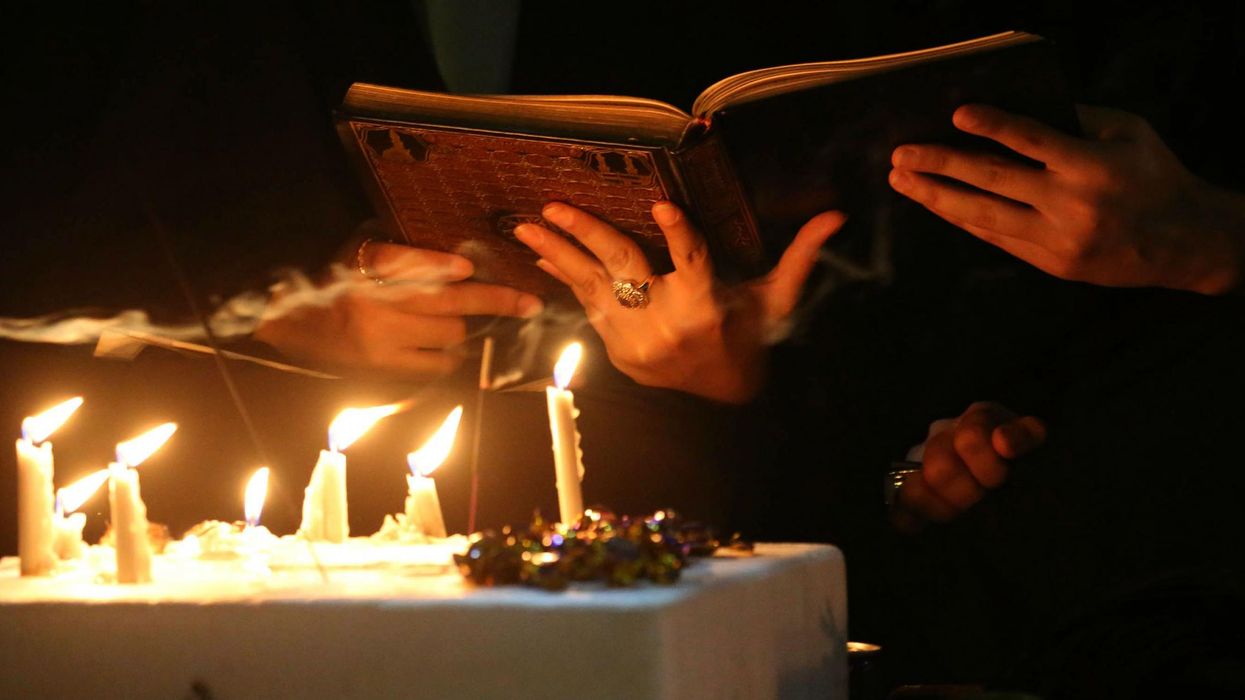News
Lowenna Waters
May 16, 2018
The holy month of Ramadan started on 15 May, and is a time of fasting for Muslims all over the world.
Ramadan begins on the ninth month of the Islamic Lunar calendar each year, and is one of the five pillars of Islam.
During Ramadan, Muslims do not eat or drink between sunrise and sunset. They are permitted two meals a day, suhoor, which is just before daybreak, and iftar, which is directly after sunset.
Fasting is intended to help teach Muslims about self-restraint, and generosity. Being hungry reminds them of the poor, who are often hungry.
There are many myths about Ramadan, from why it's undertaken to how. Here, we debunk the six that you really should avoid:
1. You must fast, no matter what
One of the most common myths about Ramadan is that you have to fast no matter what. Fasting during Ramadan is only expected of those that are fit and well enough to do so. If you're ill, pregnant, breastfeeding, or on your period, you are exempt from fasting. Young people and the elderly are also exempt.
2. You cannot take medication
It is thought by some that taking medication during the month of Ramadan constitutes breaking the fast. The Muslim Council of Britain has issues a statement urging people to continue taking certain medication, such as eye drops, ear drops, injections and urethral infusions. Medicines taken orally, however are considered as breaking the fast. Therefore, if you are on medication, it may not be wise for you to fast at all.
3. You aren't allowed to brush your teeth
Brushing your teeth during Ramadan is far from banned - it's in fact encouraged. Ramadan is a month that's about seeking purity, both physical and spiritual, so physical hygiene is encouraged.
4. Ramadan is only about fasting and food
Eating and drinking are not the only activities to avoid during Ramadan. There is also a focus on 'sins to do with the tongue', which include back biting, swearing, or gossiping. During daylight hours, Muslims also abstain from fighting, smoking and sex. It is supposed to create the mental space to focus on religion.
5. You're not allowed to eat for a whole month
Muslims only fast during daylight hours in Ramadan. They are allowed to enjoy food and drink as normal after sunset. Families and friends will often break the fast together at Iftar, a delicious evening meal.
6.You aren't allowed to swallow your own saliva
Of course, it's impossible to not swallow your own saliva, as it is a natural reflex. What will break the fast, however, is swallowing someone else's saliva. Kissing your partner or spouse during fasting is not allowed because the whole point of fasting is the ability to control your desires.
More: 6 ways you can help your Muslim friends during Ramadan
More: This Seattle professor is holding after sunset finals during Ramadan for his fasting students
Top 100
The Conversation (0)














